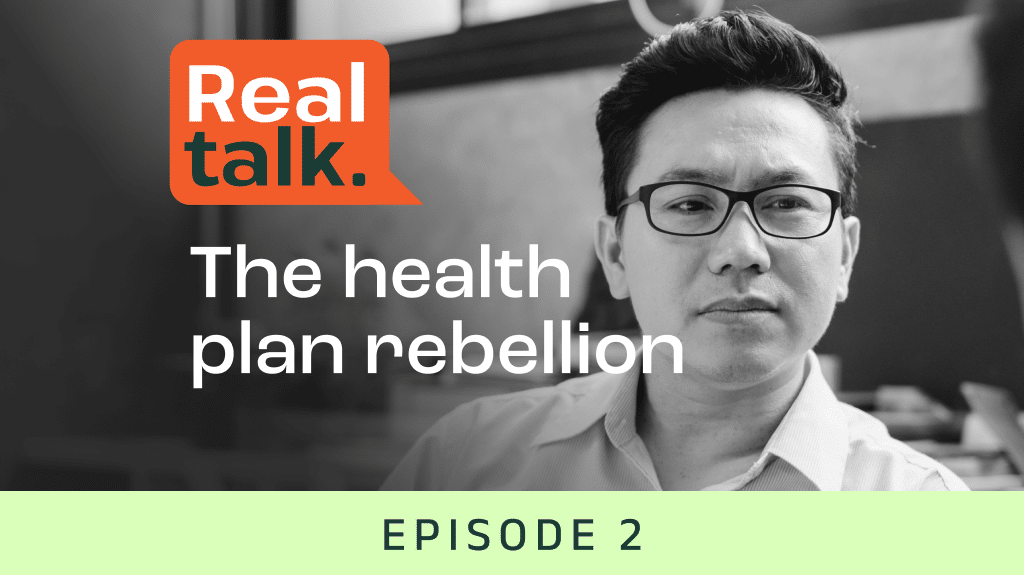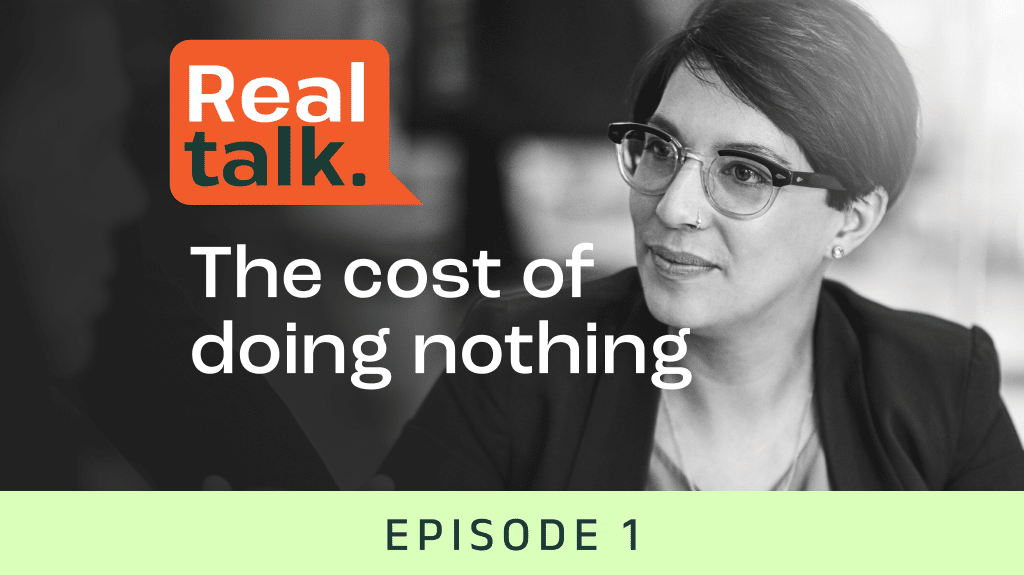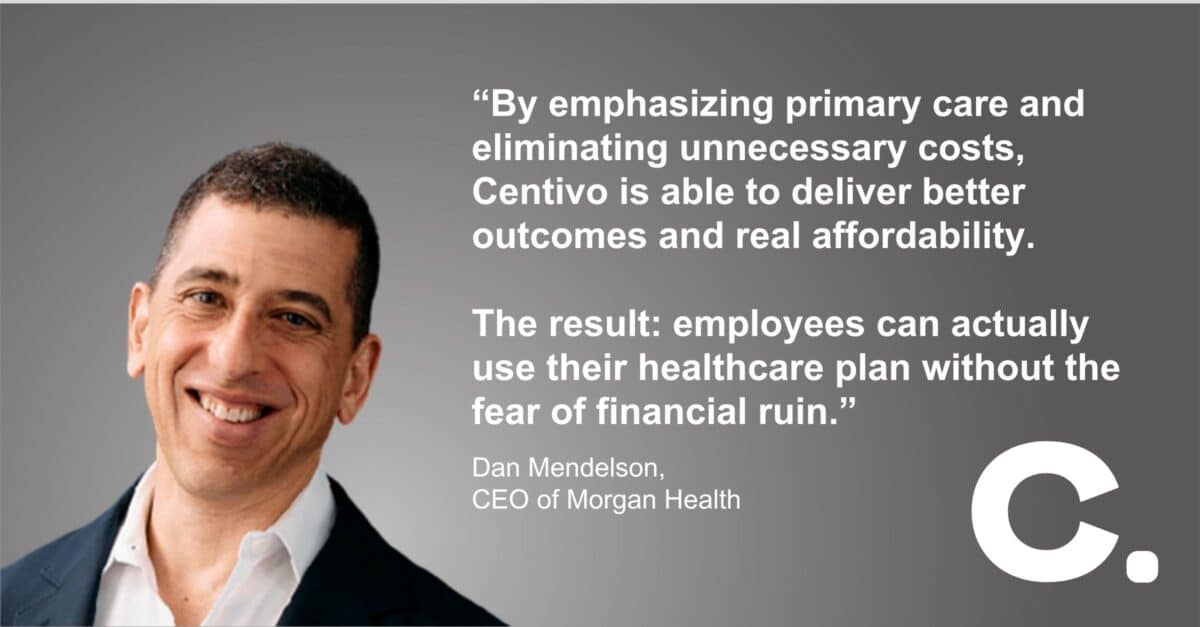It doesn’t take a health policy analyst to recognize that our health care system isn’t working for the average American worker. One of the biggest causes behind this systemic failure is the financial barrier between doctors and patients – with rising deductibles often in the order of $3,000 and up, patients often simply cannot pay what the doctor orders. As a result, we are facing an epidemic of people who have insurance that they can’t afford to use. They are the uninsured insured.
In a recent webinar hosted by Centivo titled “From the Experts: A Reimagined Health Plan Experience for New York,” we talked with experts from Blackstone Group, Mount Sinai Health System, and Voya Financial about the challenges New York businesses face when it comes to offering their employees quality health care that’s also affordable. During our discussion, Andreas Mang, managing director in portfolio operations and COO of Equity Healthcare at Blackstone Group, said that when his organization purchases a company it looks to reduce the cost of employee health care benefits at that company by 10-15 percent. Mang said he’s learned from experience that the best way to achieve sustainable long-term savings is when employers guide their employees to the best provider systems since individuals aren’t likely to choose the top providers or high-value care on their own. Employers can do this by offering health plans that are specifically designed to connect people with providers who deliver high-value care.
So, how can brokers and employers identify the best provider systems? Mang said the highest-value networks have:
- a universal information system used by all providers in the network;
- a willingness to remove providers who underperform;
- experience with risk contracts;
- a care management/population health platform that allows nurses to actively monitor patients under their care; and
- a patient portal that allows patients to book appointments and communicate with their doctors electronically.
At Centivo, we tailor our networks to meet these criteria and more. Our health plan solution offers self-funded employers access to tailored provider networks centered around the practices that are best at delivering high-value care. Centivo also ensures employees receive free primary care and simple, predictable co-pays for all other in-network care that is coordinated by their primary care physician. The result is employees get the care they need when they need it, and employers and their employees can save 15 percent or more over traditional health plans.
Centivo’s health plan solution is not, however, just about saving money. We’re also helping drive innovation. In fact, during our webinar Daniel Serrano, vice president of value and risk based contracting at Mount Sinai Health System, said Centivo is incentivizing health systems to evolve their care delivery model in order to lower costs and improve outcomes. For example, Mount Sinai Health System, which is in our Metro New York network, is investing in value-based care to solve a long-standing financial misalignment in health care: providers get paid more for delivering a high volume of services. Mount Sinai has signed value-based contracts with commercial health plans, and changed doctor compensation to a value-based model. This ensures patients get the best care and that the system is sustainable.
Additionally, Mount Sinai has built a clinically integrated model and is continuously improving patient access to care, including a visiting doctors house-call program. As well as expanding their virtual care programs to go beyond traditional telemedicine to and in the future include remote monitoring aided by at-home visits. This is due in part to increased use of risk-based contracts, which rewards providers that make care delivery more efficient.
Mang and Serrano offered strong reasons for businesses to adopt a plan like Centivo’s, but the benefits of our model extend even further. Chip Studer, regional sales executive at Voya Financial, said that COVID-19 is accelerating a shift toward employers increasingly adopting self-funded health plans as well as alternative network models because they’re looking for savings more than ever. Studer noted that Voya recognizes expected savings with alternative network models by providing an upfront 10-15 percent pricing variance on stop loss premiums. For larger clients, Voya will also share excess profits back with the client. Of note, savings are based on contract terms and are independent of carrier size.
At Centivo, we built the kind of health plan solution that not only saves money but does it in a way that also improves care delivery. We did it by creating a clinical model organized around value-based care, and assembling tailored networks made up of the health systems and practices who are best at delivering it. At the same time, we provide members with a great experience both at the doctor’s office and with their plan. We’re excited to offer a plan that not only provides great value, it’s helping drive innovation in care delivery as well. You don’t have to take our word for it. The experts agree.


